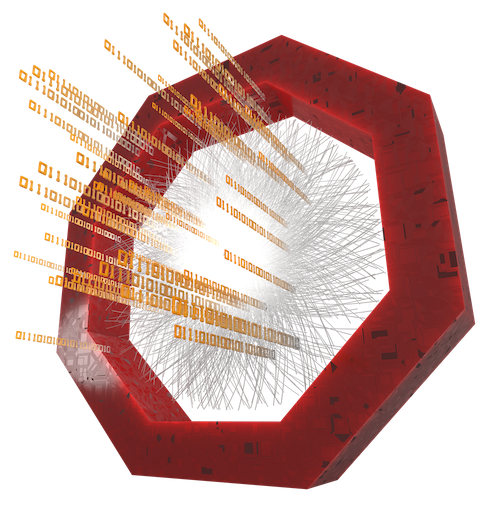Learn how to access and use the Conditions and Calibration DataBase (CCDB)
Executable: o2-analysistutorial-ccdbaccess
CCDB
The Condition and Calibration Data Base (CCDB) is used in Run3 to store calibration and alignment data. It replaces the Offline Conditions Data Base (OCDB) which was used for this purpose in Run1 and Run2.
This tutorial shows how to retrieve objects from the CCDB for a given bunch crossing. Since the time information is needed for this, the timestamp table has to be provided by adding o2-analysis-timestamp to the workflow.
o2-analysis-timestamp --aod-file AO2D.root | o2-analysistutorial-ccdbaccess
The CCDB can by-the-way be browsed here.
TimestampUserTask
Access to the CCDB is realized through the service o2::ccdb::BasicCCDBManager.
Service<o2::ccdb::BasicCCDBManager> ccdb;
The BasicCCDBManager has to be initialized first. In this example this happens in the init function. With the setCreatedNotAfter() method an upper time limit for the retrieved object is set.
void init(o2::framework::InitContext&)
{
// Set CCDB url
ccdb->setURL(url.value);
// Enabling object caching
ccdb->setCaching(true);
// Not later than now objects
ccdb->setCreatedNotAfter(nolaterthan.value);
}
In the process function we loop over BCs and the associated Collisions. The CCDB object for a given timestamp is retrieved with the templated method
getForTimeStamp
// goup BCs according to Collisions
void process(aod::BCsWithTimestamps::iterator const& bc, aod::Collisions const& collisions)
{
// skip if bc has no Collisions
LOGF(info, "Size of collisions %i", collisions.size());
if (collisions.size() == 0) {
return;
}
LOGF(info, "Getting object %s for run number %i from timestamp=%llu", path.value.data(), bc.runNumber(), bc.timestamp());
// retrieve object for given timestamp
auto obj = ccdb->getForTimeStamp<TH2F>(path.value, bc.timestamp());
if (obj) {
LOGF(info, "Found object!");
obj->Print("all");
} else {
LOGF(warning, "Object not found!");
}
}
